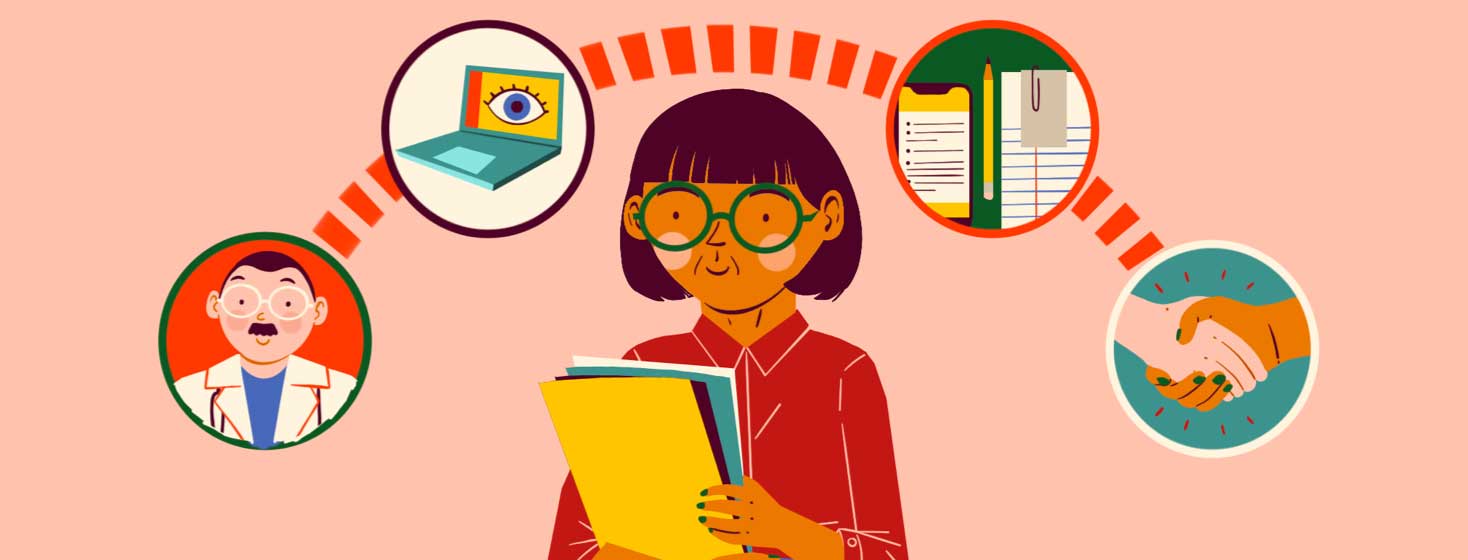The Strength of Community For Communal Health (Part 2)
Editor's note: This is part 2 of a series. Be sure to check out part 1!
For her job, my mom kept many records to analyze the public health status, trends, and patterns of our area. Initially, she would handwrite them, but eventually, she moved up to Excel and a proper medical data management system. This practice rubbed off me.
Tracking and intuition
Over the years, I made it a habit of tracking vital signs and indicators such as my weight, temperature, moods, etc. This practice helped me better understand my body. The regular tracking also helped me develop strong intuition about my symptoms, helping me know when 'my balance' was off.
On numerous occasions, this intuition helped me alert my medical team in time. I remember bringing up my low blood pressure and symptoms such as light-headedness to my primary doctor in the later part of2004. I was 17. The doctor checked my blood pressure and agreed with my hunch, but we had no precise diagnosis. He suggested my low salt intake to be causing low blood pressure and advised me to increase my salt intake.
I was never keen on eating salt, so in hindsight, I am lucky that I did not take this advice at the time. I knew something was wrong, but I did not know what it was. Then, in 2005, my campus doctor suspected a heart issue, but the cardiologist did not detect any problems. Fast-forwarding to the end of 2012, after turning 26, the same intuition told me to rush to the ER on a Saturday afternoon, only to find out that I have an enlarged heart (dilated cardiomyopathy).
Larger healthcare systems
Now, talking about healthcare at a country level, two examples come to mind: Mali and Cuba. Both these countries have well-established networks of clinics and small health centers near every household in communities of the large cities. Granted, not all the facilities are well equipped with resources or trained medical staff. However, these medical systems are such that, in principle, the complex medical cases end up at the larger central hospitals. The primary care and more routine ailments are cared for in the more accessible health centers.
The proximity of patients to their care centers and the possibility of regular home visits allow for a certain level of awareness and prevention, which are very helpful. Furthermore, patients' records are harmonized, allowing for easy continuity of care.
Now, I am letting the idea germ in my head, and occasionally, I talk with some of my fantastic advisors about it. They are helping devise a program that will emulate the main characteristics of the Cuban decentralized and efficient system. So far, having our community at the center of healthcare seems receivable by most. But, even more so, helping the community take more ownership of their health and empowering them to become agents of change who actively augment medical teams' care effectiveness.
To be continued.

Join the conversation